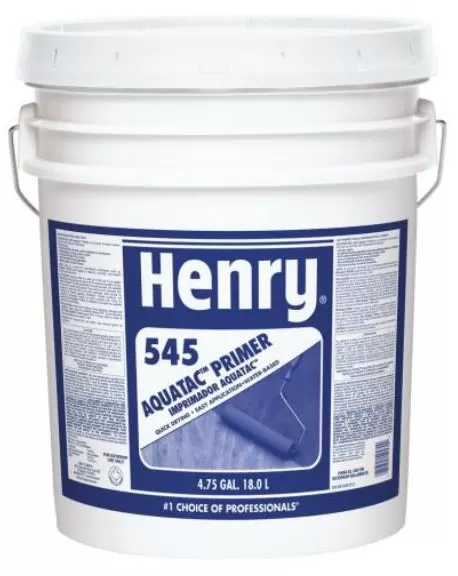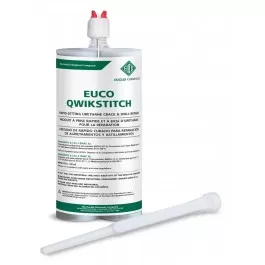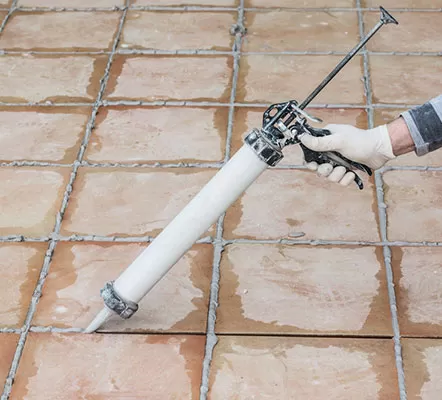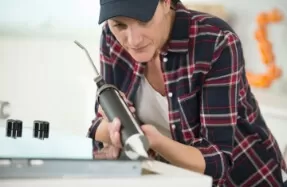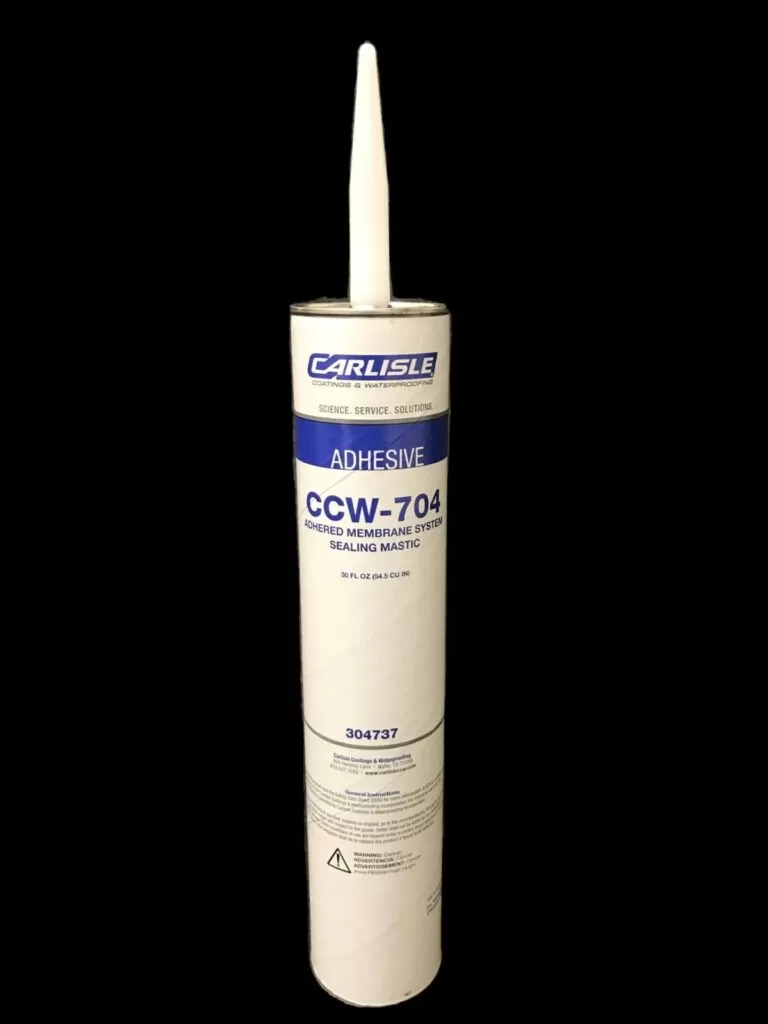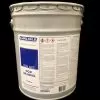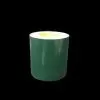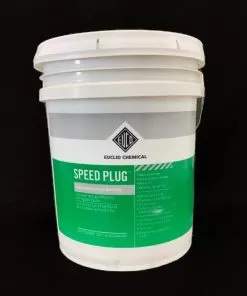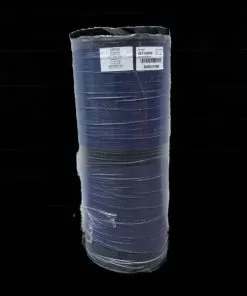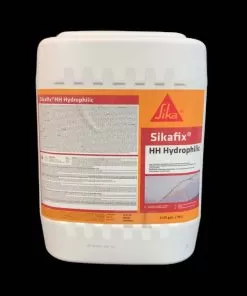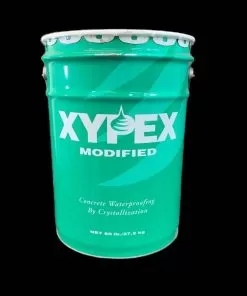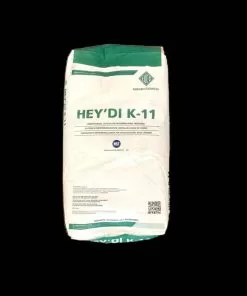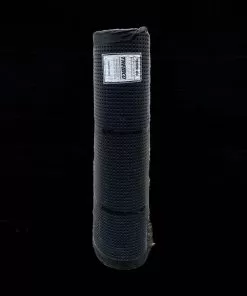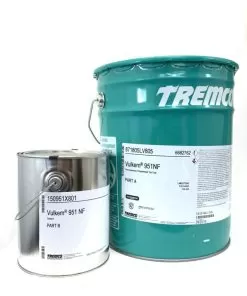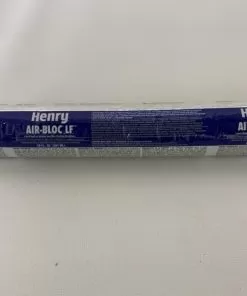Bitumen Mastic Carlisle: CCW-704 Mastic
$21.50
- Fully Adhered Membrane: Eliminates water migration which can otherwise cause leakage through cracks
- Factory-controlled thickness: eliminates thin spots which could be easily penetrated, allowing leakage
- Preformed sheet: eliminates pinholing
- Flexibility over cracks: elastomeric properties accommodate normal expansion and contraction of the substrate
- Resists hydrostatic pressure
- Mechanically strong
- Easy to apply
- Cost-competitive: the highest performance system with the best life cycle cost
435 in stock (can be backordered)
Bitumen Mastic Carlisle: CCW-704 Mastic
Bitumen Mastic Carlisle CCW-704 is a solvent-based, rubberized bitumen mastic. After evaporation of the solvent, the remaining compound is a rubber-like material that adheres tenaciously to the polyethylene facer of CCW Sheet Membranes. Bitumen Mastic Carlisle CCW-704 Mastic is used as a secondary seal on the seams, T-joints, overlaps and other terminations/penetrations of CCW sheet membrane systems. It is designed for use on the top surface and edges of the CCW sheet membrane and should never be used underneath the membrane. Questions? Contact Us.
Coverage Rate:
A ½” bead yields approximately 100 linear feet per gallon. Estimate one 30-oz. tube for T-joint and end lap treatment for every 200 sq. ft. of membrane installed.
Warnings and Hazards:
Contains combustible solvents. Use only with adequate ventilation. Avoid contact with the skin, especially open breaks in the skin. In the event of skin contact, remove immediately and wash with hot, soapy water. Refer to MSDS before use for other warnings and product information.
Used for applications where surface temperatures are 40°F (4.4°C) and above. CCW 704 Mastic QT Tube is specially
formulated for applications with cooler surface temperatures down to 25°F – 65°F (-3.9°C – 18°C). CCW MiraDRI 860/861 membranes should not be applied in temperatures below 25°F (-3.9°C).
Substrate Preparation: CCW 704 Mastic QT Tubes can be applied to concrete, metal, wood, insulated wall systems or masonry surfaces. All substrates must be clean, dry and free of surface irregularities.
Concrete Substrates: Structural concrete must be cured a minimum of seven days and lightweight structural concrete must cure a minimum of 14 days before the application of CCW 704 Mastic Qt Tubes. Repair surfaces that are not structurally sound, have voids, protrusions, rough spalled areas, loose aggregate or exposed course aggregate. Void areas should be filled with latex Portland cement, concrete or epoxy concrete and troweled smooth to match the existing surface. Protrusions and other rough areas should be ground down and patched as above. CCW LM-800XL, CCW-201, or CCW 703V Liquiseal may be used to fill small voids, honeycombs or bug holes.
Masonry Substrate: Rough masonry may require the surface to be parged with a plaster coat of cementitious material to form a well-adhered, smooth and uniform finish. Allow the parge coat to dry before priming and installing the CCW waterproofing membrane.
Carlisle
| Weight | 3 lbs |
|---|---|
| Dimensions | 18 × 3 × 3 in |
Related products
All Products
All Products
All Products
All Products

